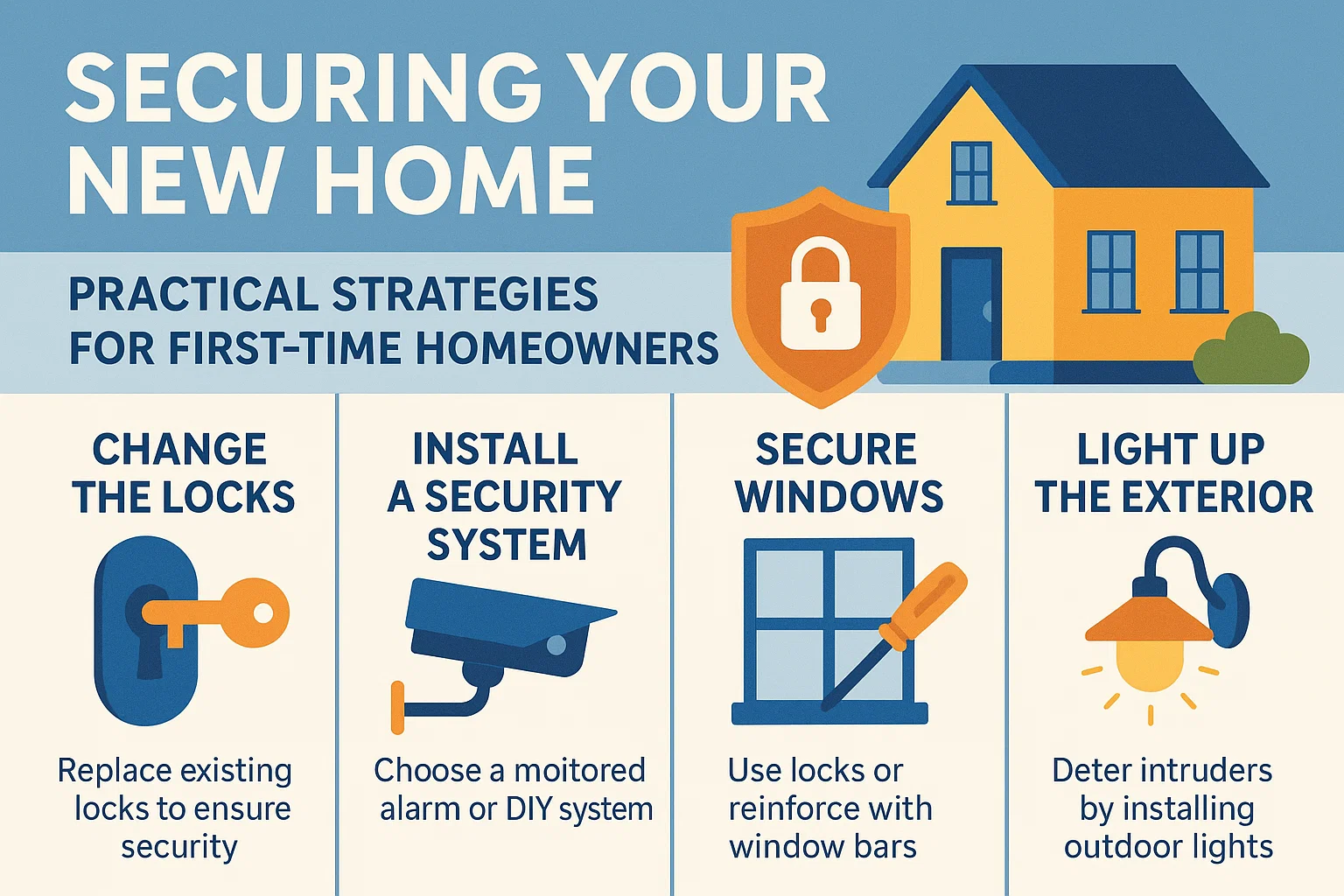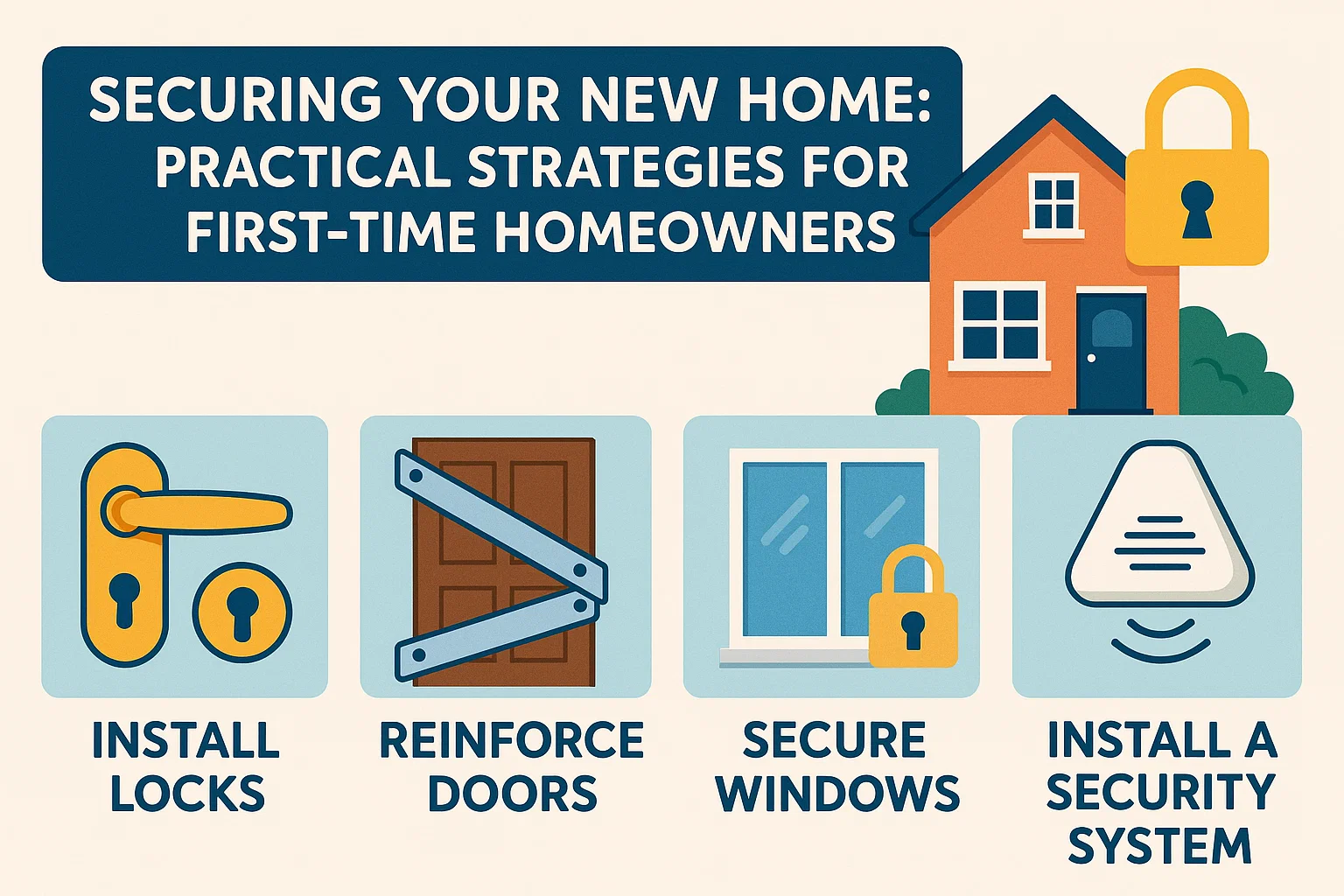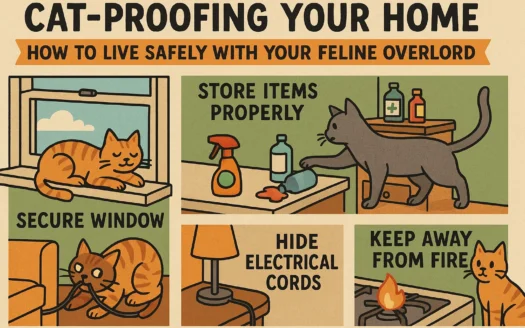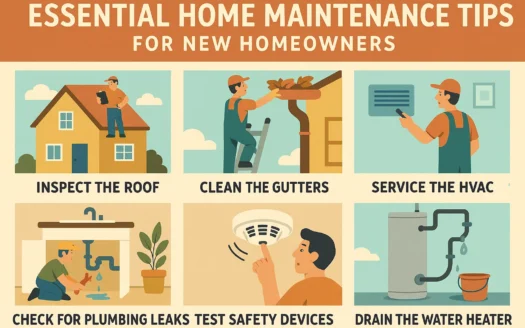Securing Your New Home: Practical Strategies for First-Time Homeowners

Securing Your New Home: Practical Strategies for First-Time Homeowners
Now that the stressors of designing your new home and moving into it have passed, it’s time to think about home security. First-time homebuyers often overlook this critical aspect when purchasing a property. Many are accustomed to relying on security measures provided by landlords or rental complexes, so features beyond basic deadlocks rarely cross their minds. Fortunately, safeguarding your home doesn’t require expensive gadgets or systems. Often, simple actions and heightened awareness can provide robust protection.
Simple and Smart Home Security Tips
For budget-conscious homeowners, investing in a full security system may not be feasible. However, many affordable strategies can deter burglars and enhance safety. Remember: Security systems primarily alert you after a breach occurs. True safety starts with proactive measures that make your home less appealing to intruders.
Pay Attention to Your Neighborhood
- Learn daily rhythms: Note neighbors’ routines, vehicles, and typical activity patterns.
- Review crime data: Request local crime maps from police and monitor community incident reports.
- Spot anomalies: Familiarity with “normal” helps quickly identify suspicious behavior.
Build Relationships with Neighbors
Neighborly connections create natural security networks. Even casual relationships foster:
- Mutual vigilance for unusual activity
- Assistance with maintaining a “lived-in” appearance during vacations
- Collective reporting of concerns
“Start by building a safer neighborhood through community connections. Shared awareness helps everyone protect their homes.”
Conduct a Home Security Audit
- Inspect all entry points: Windows, doors, garages, and patio access
- Upgrade locks if contractors retained key copies during construction
- Install deadbolts and reinforce sliding doors with anti-lift bars
Implement Basic Protective Measures
- Use light timers to simulate occupancy
- Install window treatments to obscure interior views
- Secure sliding doors with wooden rods in tracks
“Light timers should be part of daily routines, not just vacation protocols. Consistency enhances security.”
Manage Service Access Carefully
Limit exposure during initial move-in:
- Verify appointments for all service providers
- Restrict worker access to necessary areas
- Avoid showcasing valuables during installations
Design Security-Conscious Landscaping
- Install motion-activated lighting around entry points
- Trim shrubs below window level to eliminate hiding spots
- Position trees away from upper-story windows
Leverage Pet Security
Dogs remain one of the most effective deterrents:
- Barking draws attention to suspicious activity
- Even small dogs create perceived risk for burglars
- Pets disrupt the “quiet entry” burglars prefer
The Psychology of Home Security
Most burglars seek easy targets. Effective security focuses on:
- Increasing perceived effort to enter
- Reducing visibility during attempted entries
- Creating uncertainty about success
By combining situational awareness, community engagement, and practical reinforcements, new homeowners can create layered protection without overspending. Remember: The goal isn’t absolute theft prevention, but making your property less appealing than others on the block.




